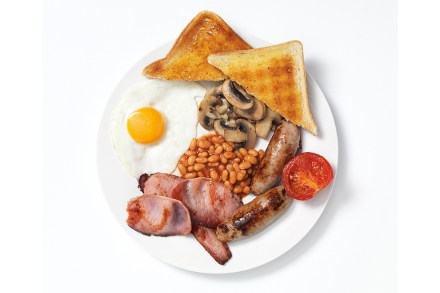What a full English breakfast can tell us about the state of the NHS
Among devotees of the full English breakfast, few things polarise more than the inclusion of baked beans. Some people are unrepentant berfs (beans exclusionary radical foodies) whereas others consider beans a coda to close the symphony. My own view is conciliatory: provided the beans are in a separate pot, I’m happy. ‘Hash brown technologies’ seem like useful additions, but end up destroying time-tested alternatives What worries me more is the arrival of the hash brown. This is a transatlantic invader: the grey squirrel of the breakfast world. Not particularly objectionable in itself, it risks eradicating the more attractive indigenous option, which is fried bread. Before you know it, you have







